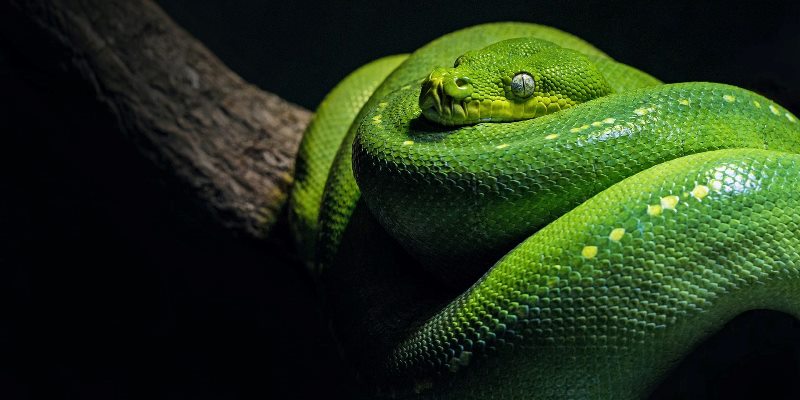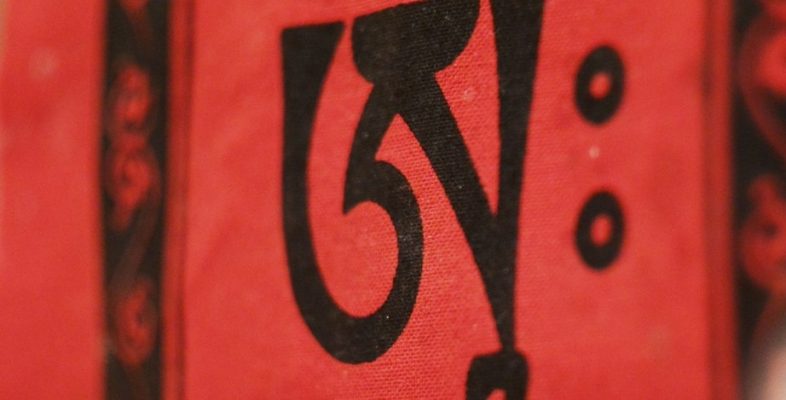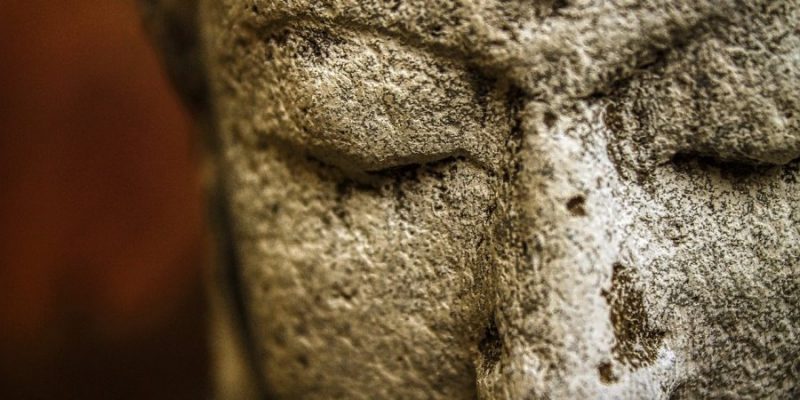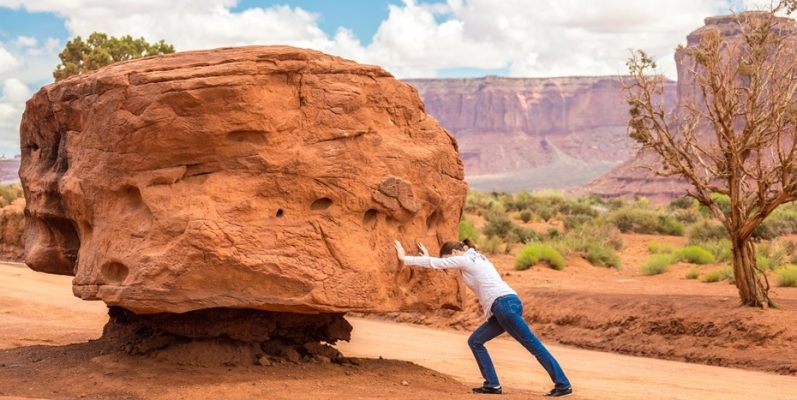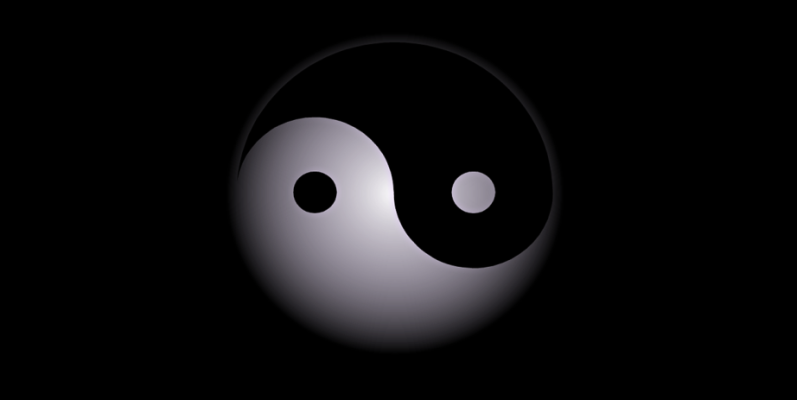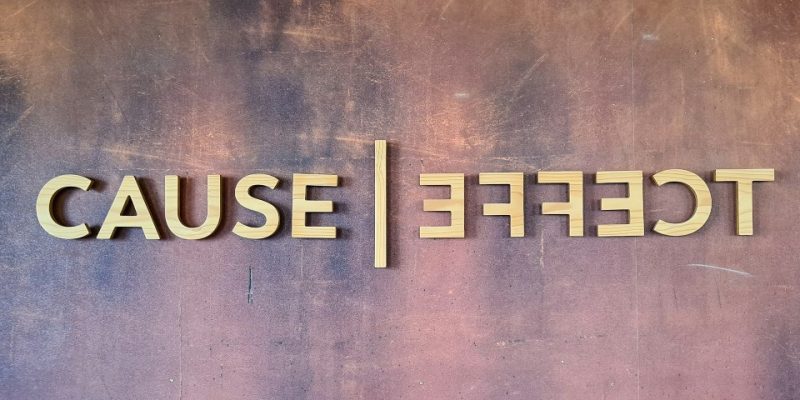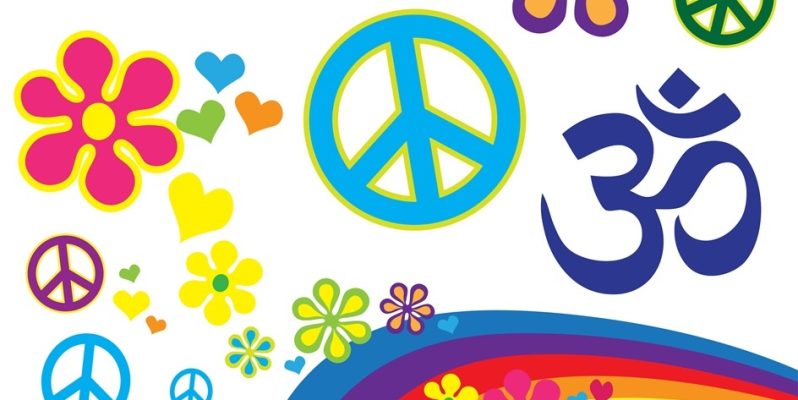
Dvaita Vedanta is a religious and philosophical school in the Vedanta tradition and was founded in the 13th century CE. Dvaita is a Sanskrit word that means “duality” or “dualism,” which has the opposite meaning of Advaita (which means “non-dual”).

In Dvaita Vedanta, three principal entities are of importance and recognized: God (Brahman personified by the deity Shiva), Jiva (soul, Jivatman, Atman), and Jada (Maya or matter).
It’s believed that Brahman and the individual souls (the Jivas) exist as independent, distinct realities. Nevertheless, the individual souls are controlled by and dependent on Brahman. This is in sharp contrast with the ideas within Advaita Vedanta where it’s said that the ultimate reality (Brahman) and the human soul (Atman i.e. Jivatman) are identical.
In Dvaita, Brahman (Shiva) is believed to be almighty, eternal and always existing, everlasting, all-knowing, and compassionate. The dependent reality (that of the individual Jivas) is manifest in a parallel universe, but Brahman takes on a personal role (as a personal God) and is seen as a real entity that governs and controls the universe.
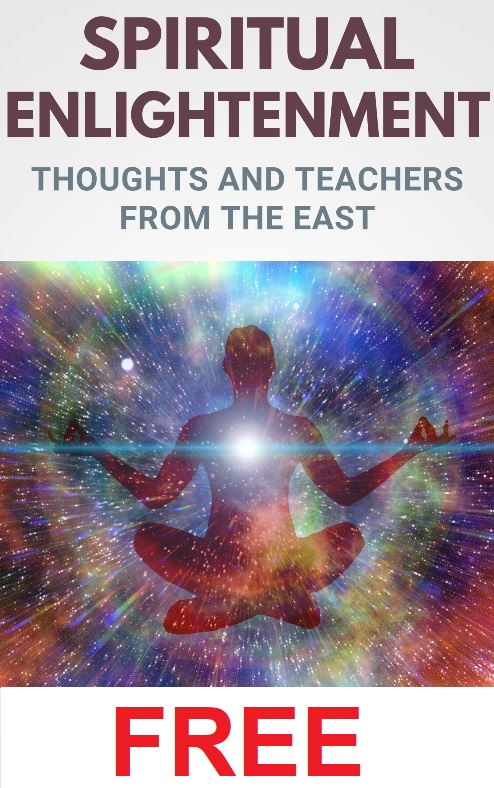
The individual souls are seen as reflections, images or radiations of Brahman, but not in any way identical with Brahman, not even after Moksha or Spiritual Liberation.
Each Jiva is different from other Jivas and has some characteristics of Brahman in varying degree, which is restricted by Karma, but become in their full expression upon Self-Realization i.e. Moksha.
Moksha is described as the realization that all finite reality is essentially dependent on Brahman, which can only be seen when Avidya (spiritual ignorance) is removed that was caused by Maya.
Moreover, Moksha can only be attained by the grace of Brahman (through Shiva), and therefore Bhakti Yoga (Yoga of Devotion) and collecting good Karma are essential in Dvaita Vedanta practices.





